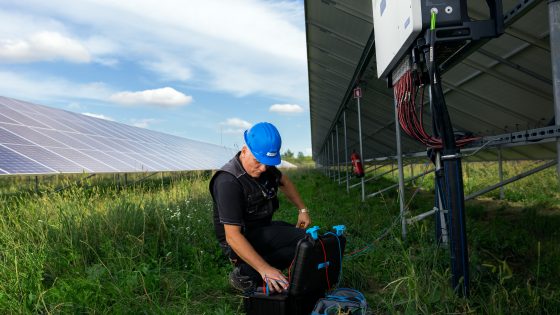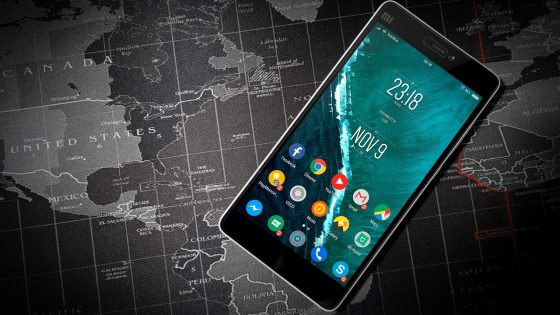The use of artificial intelligence, robots and activity meters in the workplace has a negative impact on the quality of life

A major study by the Institute for the Future of Work from London shows that exposure to new technologies such as activity trackers, robots and artificially intelligent software has had a negative impact on the quality of human life. More than 6,000 people participated in the research, and the researchers were primarily interested in the impact of four groups of technologies that are becoming increasingly popular on human life.
The authors of the study found that the more employees are exposed to three of these categories—software based on artificial intelligence and machine learning technology, monitoring devices such as activity trackers, and robotics—the worse their health and overall well-being are. On the other hand, the use of ICT technologies that have been present for a long time, such as laptops, tablets and communication applications at the workplace, showed a more positive impact on the well-being of the research participants.
"We found that with a higher frequency of use and interaction of ICT technology, the quality of life increases, while it decreases with a higher frequency of use of newer technologies at the workplace", they wrote in the research report. Although the authors did not directly investigate the causes, they pointed out that their results are in line with the findings of previous research, which showed that "new technologies of this type can cause uncertainty regarding job security, increase workload, lead to routinization and loss of sense of the meaning of the work done, as well as a loss of autonomy and all this affects the general well-being of employees".
Economists at Goldman Sachs estimate that by 2030, 300 million jobs could disappear worldwide due to automation. Mainly due to the rapid development of generative artificial intelligence, many more roles and jobs will radically change, they say.
dr. Magdalena Soffia, the lead author of the research, says that the problem is not necessarily the technology itself, but the way in which it is used. "We do not want to argue that there is some kind of determinism in the ways technology affects human well-being. We argue that everything depends on the context: on many structural factors, environmental conditions, how it is designed and how it is used. So a lot of human decisions", says Dr. Sofia.
As an additional clarification, she offered the rationale that the researchers in this particular study used the very widely accepted EuroQoL EQ-5D-3L quality of life measurement model. This covers factors such as mobility, mental health and pain level. "We wanted to capture a more multidimensional view of what is happening in terms of quality of life. That's why we used this model, which is approved by the public health sector in the UK", she added.
Why does the slightly more "classic" ICT have a positive effect on human life? Soffia sees one of the potentially possible mechanisms in this area that helps to facilitate work processes and consequently raise the level of efficiency. This, in turn, raises people's sense of achievement.
Quite the opposite is evident in the field of activity meters and other monitoring technologies. For example, trade unions have been warning for some time about the negative effects of this technology on employee efficiency.
Therefore, in response to this study, many experts point out the importance of regulating the field of artificial intelligence. Because otherwise, we may reach a point where artificial intelligence turns the world of work into an oppressive and unhealthy world.





























